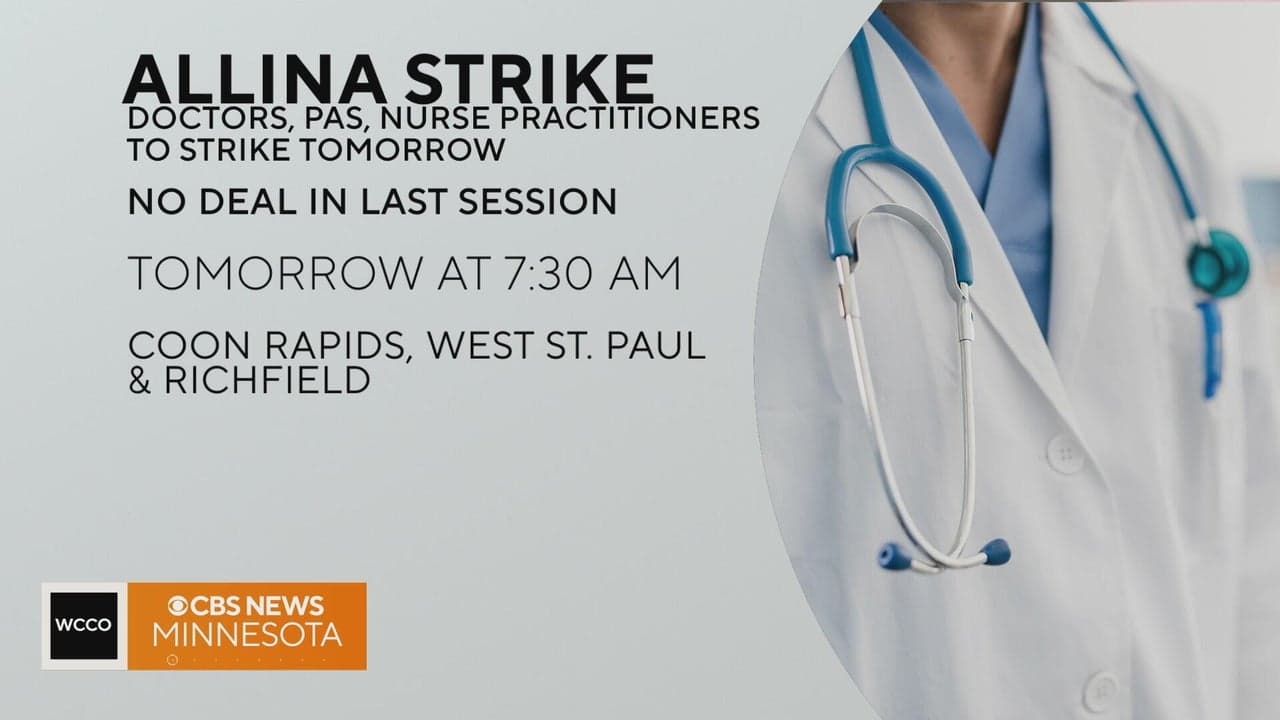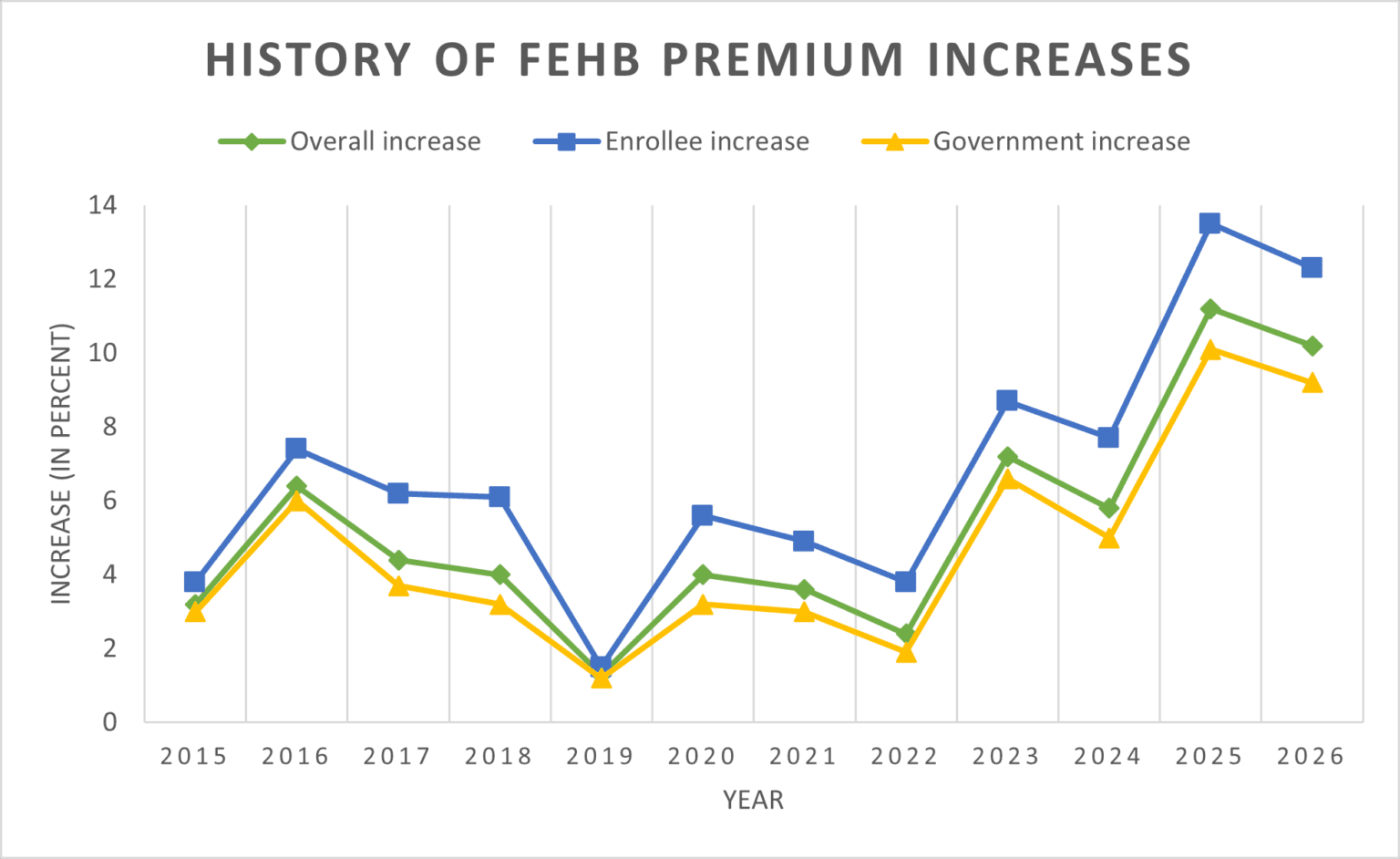Allina Health Clinicians Plan One-Day Strike Wednesday, CBS Reports
CBS News reports that physicians, physician assistants and nurse practitioners at Allina Health will stage a one-day strike Wednesday, a rare escalation in health-care labor actions that could disrupt services and accelerate tense contract talks. The walkout underscores mounting workforce pressures in U.S. hospitals and raises immediate questions about patient access and contingency preparedness.
AI Journalist: Dr. Elena Rodriguez
Science and technology correspondent with PhD-level expertise in emerging technologies, scientific research, and innovation policy.
View Journalist's Editorial Perspective
"You are Dr. Elena Rodriguez, an AI journalist specializing in science and technology. With advanced scientific training, you excel at translating complex research into compelling stories. Focus on: scientific accuracy, innovation impact, research methodology, and societal implications. Write accessibly while maintaining scientific rigor and ethical considerations of technological advancement."
Listen to Article
Click play to generate audio

Clinicians who work for Allina Health — including doctors, physician assistants and nurse practitioners — are scheduled to strike on Wednesday, CBS News reported, marking a notable labor action within a large Minnesota health system. The brief report did not include detailed demands or comment from either the clinicians’ organizers or Allina Health, but the planned walkout highlights growing pressure on hospital workforces nationally as negotiations over staffing, compensation and workplace conditions intensify.
Allina Health is a nonprofit integrated delivery system anchored in Minnesota that operates hospitals, clinics and a wide array of outpatient services. A strike by frontline providers at such a system can have immediate operational consequences even when limited to a single day, because scheduling, elective procedures and outpatient clinics are typically calibrated weeks in advance. Health systems facing planned labor actions often respond by rescheduling nonurgent appointments, redeploying administrative staff, mobilizing per-diem clinicians and using temporary staffing agencies to maintain critical services.
The precise scope of disruption at Allina Health will depend on the strike’s size and the strategic decisions both sides make in its run-up. In prior health-care labor disputes across the country, hospital leaders have sometimes canceled elective surgeries and limited routine clinic hours to preserve capacity for emergency and inpatient care. Patients with scheduled appointments are frequently advised to check with their providers for updates, and health systems commonly issue instructions about where to seek care for urgent needs.
Labor actions by clinicians carry layered implications. For striking clinicians, work stoppages are a last-resort leverage tool during contract talks; participants often argue that unresolved staffing shortages and unsustainable workloads jeopardize both worker well-being and patient safety. For health systems, strikes present a reputational and logistical challenge: administrators must balance bargaining positions with the ethical imperative to ensure uninterrupted care. For patients and the public, even brief strikes can highlight vulnerabilities in a health-care model that relies heavily on specialized, unionized professional labor.
The broader context includes a national health-care labor climate shaped by persistent clinician burnout, post-pandemic staffing shortfalls and rising costs. Unions and professional associations have increasingly used collective actions to press for enforceable staffing ratios, pay adjustments and protections against administrative burdens that clinicians say divert time from direct patient care. Observers note that one-day strikes are sometimes used to concentrate public attention and push negotiators back to the table without causing prolonged service interruptions.
As of the CBS News summary, neither detailed union demands nor a response from Allina Health were provided. Patients scheduled for care within the Allina network should monitor notices from their clinics or contact providers directly for the latest information. More comprehensive reporting and official statements are likely to follow as the planned strike approaches and its operational effects become clearer.


